Reach A Global Audience Easily And Effectively With International SEO And Multi-Language SEO
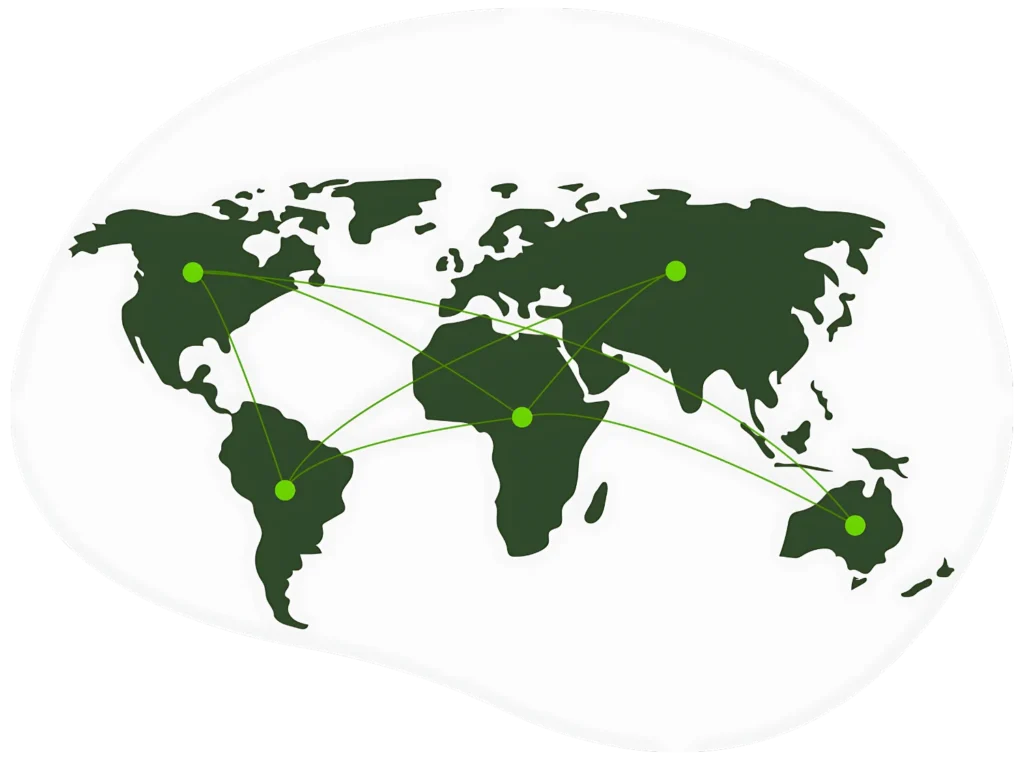
If your business sells products or services worldwide, having a strong digital presence is key to success.
Web Bae specializes in global SEO, ensuring your website reaches and engages customers no matter where they are.
Using our proven International SEO strategies, we help businesses rank for the right languages, regions, and countries. So you can dominate your target markets and grow as a truly international brand.
As Featured In:













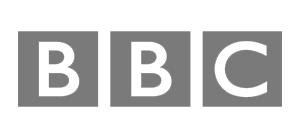





We'll Design & Implement A Killer International SEO Ranking Strategy
Our International SEO services are powered by technical SEO expertise and insights from our global team. We start by understanding your global growth goals, then craft a custom International SEO strategy tailored to your brand’s success.
Relevant Keywords Only
At Web Bae in UAE, we know that simply translating keywords isn’t enough when targeting different languages. Our keyword research focuses on natural language, local expressions, and cultural preferences, ensuring your content feels authentic and connects with your audience.
Technical SEO
Our technical SEO experts will perform a detailed audit to find and fix any issues. We’ll optimize your website to rank higher in your target countries while ensuring a seamless user experience for all visitors.
Site Structure Audit
We’ll guide you in planning your international website structure, a crucial but often overlooked part of global SEO success. Our team has mastered the art of site structure, ensuring your website is optimized for international growth.
A Focus on Relevant International Linkbuilding
Search engines love quality links, but only when they’re relevant. Our experts ensure that each page gets the right links. French links for French pages, Spanish links for Spanish pages, and so on. This is exactly what Google looks for!
Extensive International Competitor Analysis
We’ll help you analyze competitors both global exporters and local businesses in your target markets. This will help you find the right niche and connect with the right audience for your business.
International On-Page SEO
We’ll review your international pages to ensure the content and images are adapted to engage your audience in each country. We’ll also make sure your pages meet local security and privacy standards for full compliance.
Some Of Our Clients

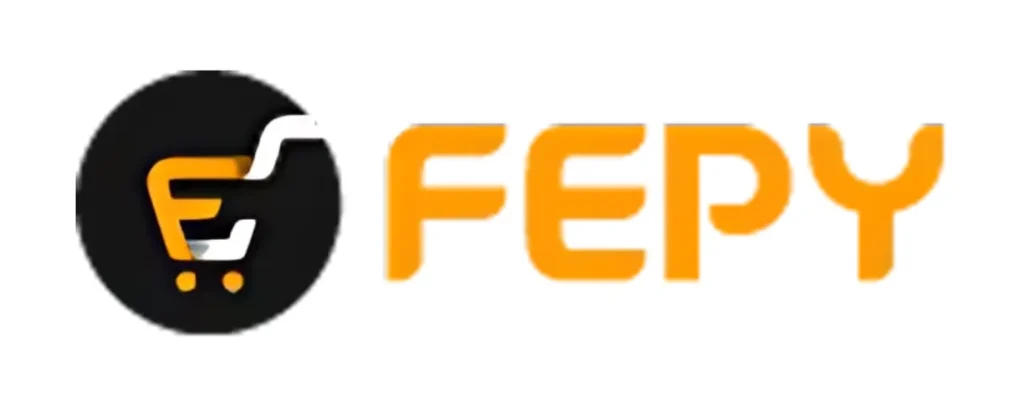
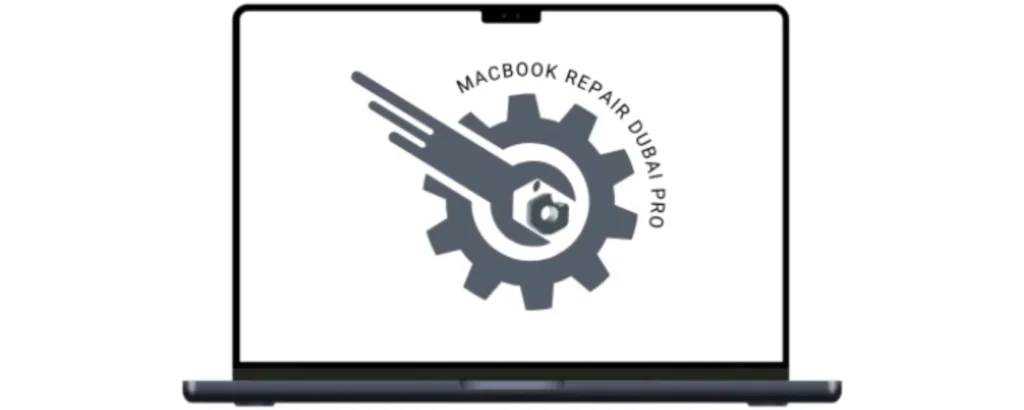

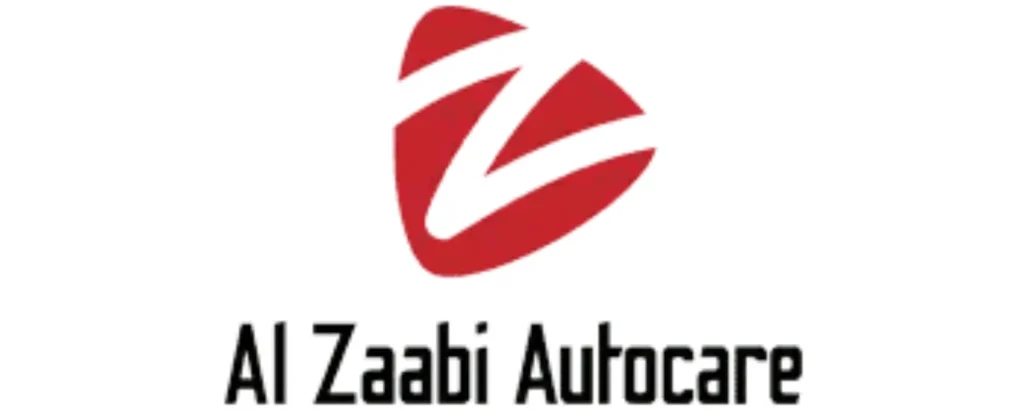
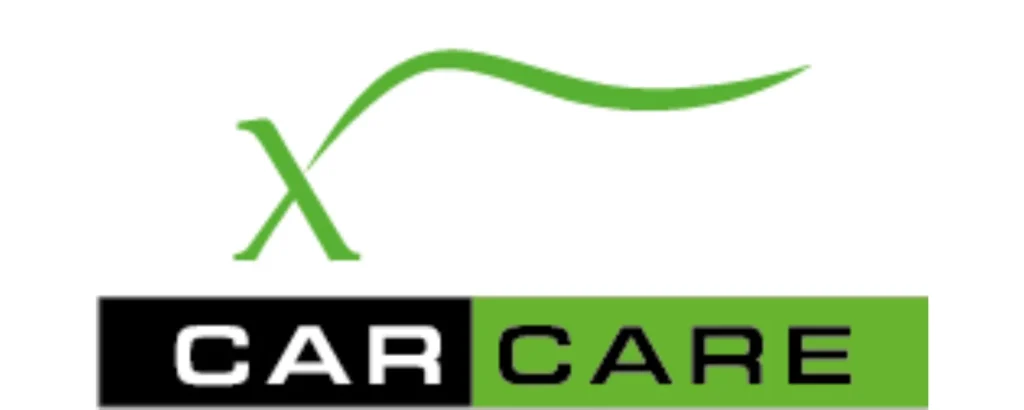



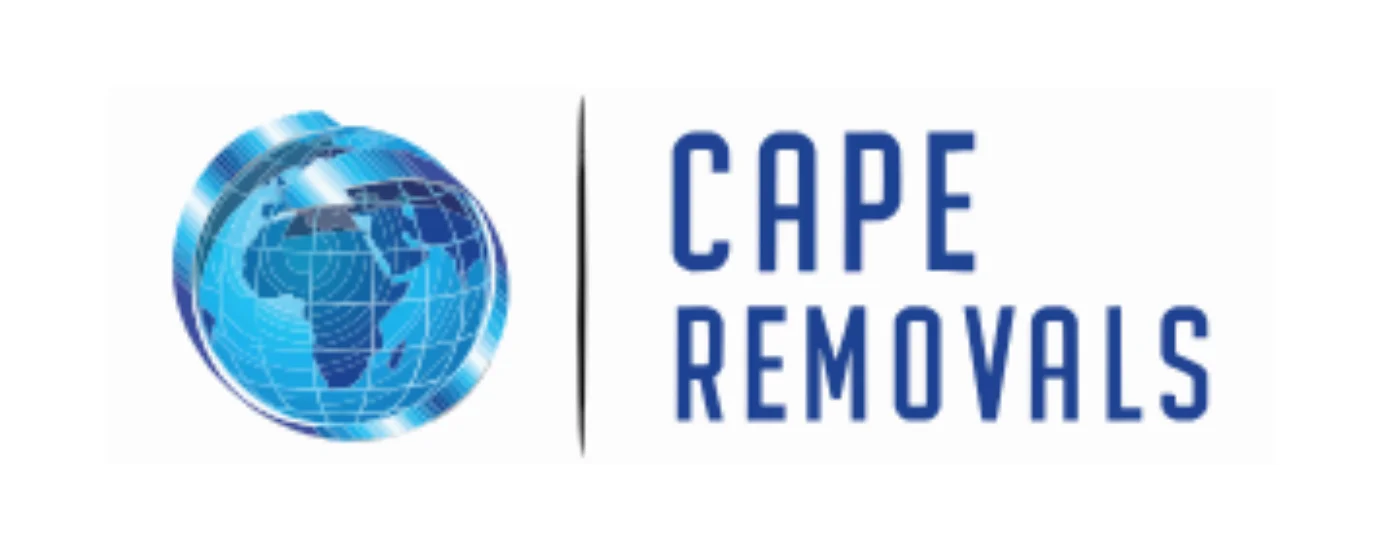
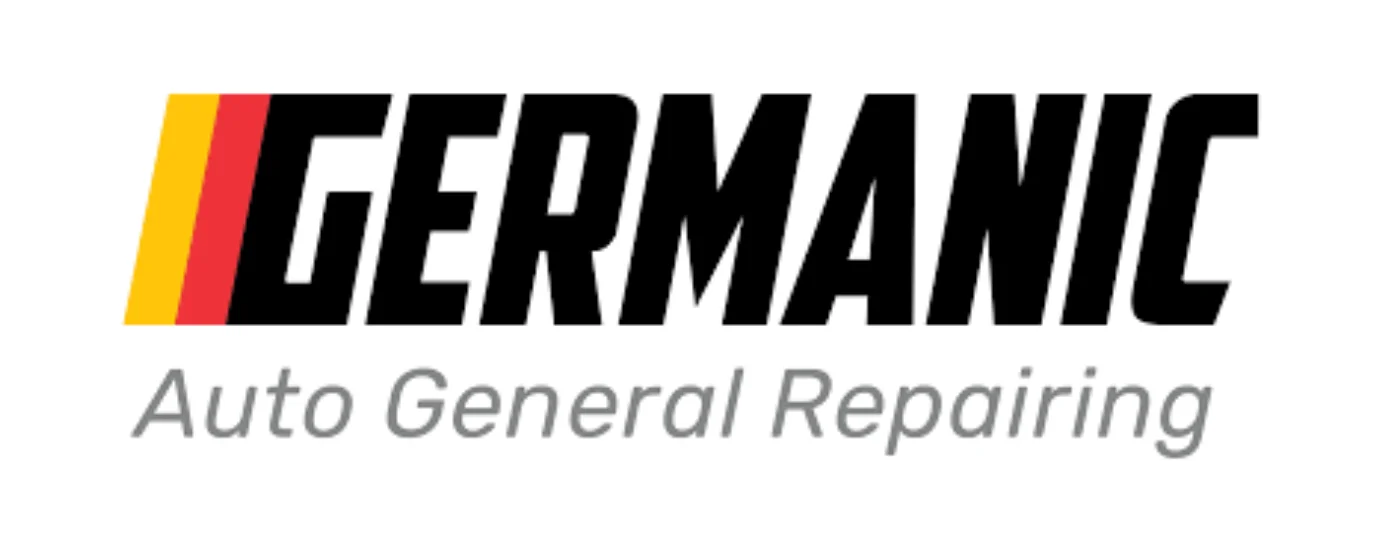
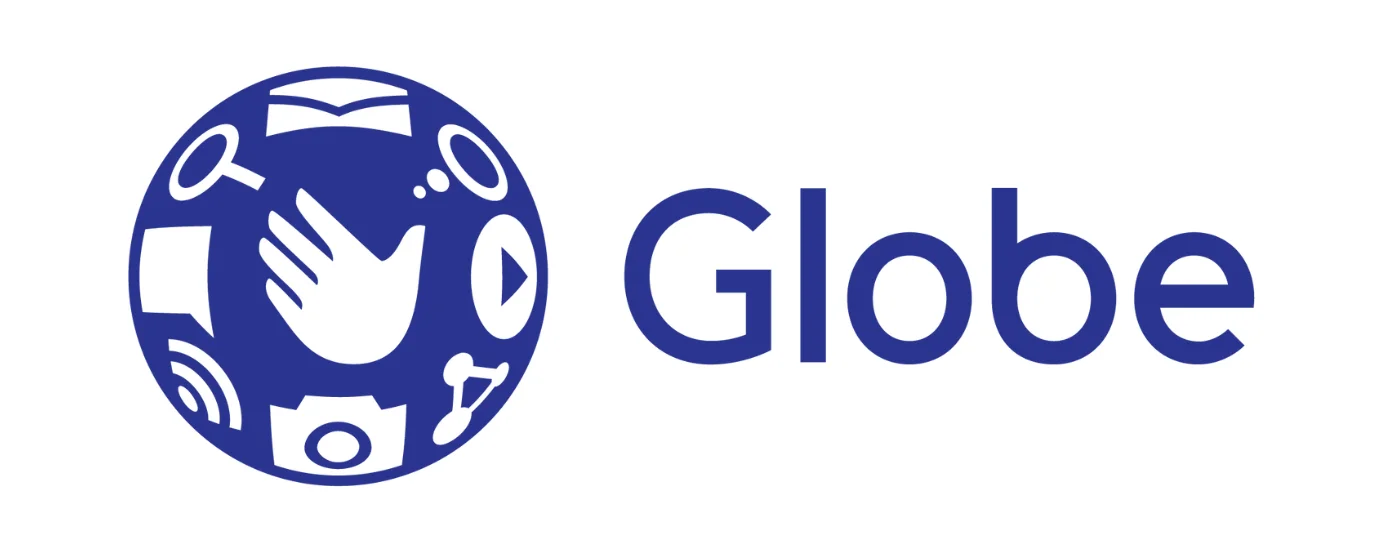

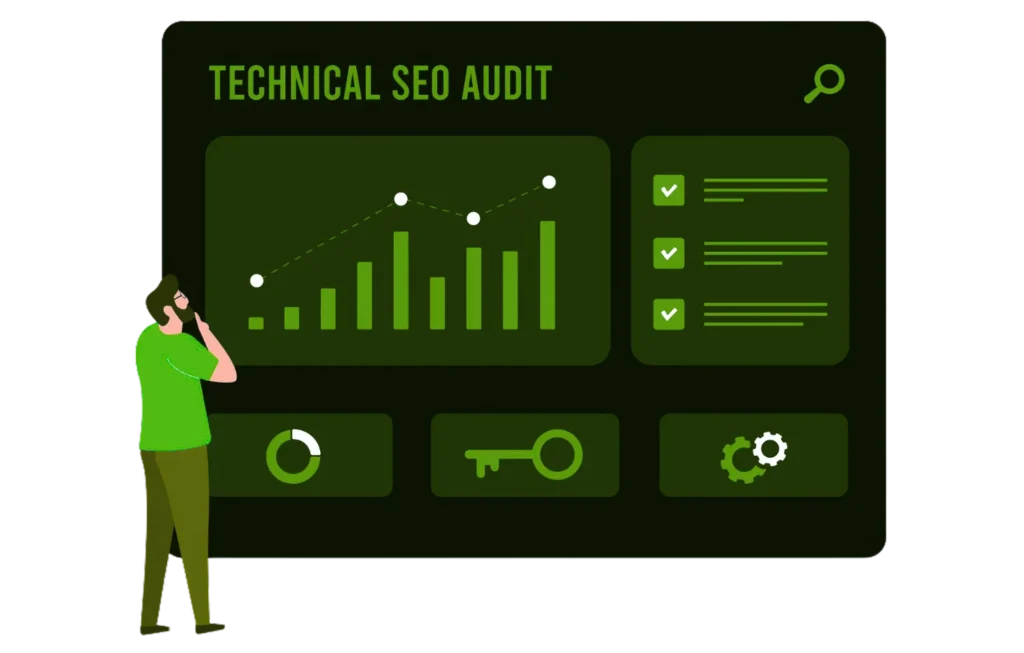
Case Study
We don’t just talk about results. We prove them! Our SEO campaigns have a strong track record of getting websites to page 1 on Google and delivering real growth. You can expect more traffic, better conversions, stronger brand awareness, and an improved user experience.
Testimonials
What Our Clients Say About Us
At Web Bae, we help businesses grow and succeed online with proven SEO strategies.
Serve a Global Audience with Effective Multi-Language SEO
The internet has made the world more connected than ever. Now, you don’t need to be in the same country to serve your customers. For e-commerce businesses, international borders no longer limit great sales.
But to truly reach your global audience, you need strong international SEO. Without it, your website won’t get the visibility it needs. Multi-language SEO is not easy, but Web Bae has perfected it! From French SEO to Spanish SEO, Russian SEO, and more, we know how to help your brand grow worldwide.

Our Team Of International SEO Experts
Our team of international SEO experts has experience in over 50+ countries and speaks multiple languages.
We use our global knowledge and cultural insights to create custom SEO strategies that connect with your target audience. Whether you’re expanding into new markets or improving your multi-language SEO, Web Bae ensures your brand reaches the right people in the right way.

Get Started with a Comprehensive International SEO Site and Brand Analysis
When Web Bae does a multi-language SEO review, we don’t just follow the basics. We dig deeper to help your business grow globally.
Along with our regular SEO check, we help you find answers to important questions like:
- Should you use separate country domains (ccTLDs), or are subdomains a better choice?
- Does your website follow the rules and standards of the countries you want to target?
- Do you need to optimize for search engines other than Google? If yes, which ones?
Your free international SEO audit from Web Bae will give you clear answers to these questions and many more!

Do SEO Companies Need Special Knowledge for International SEO?
Yes! Doing international SEO is not simple. There are many challenges, and without the right knowledge, it can be a waste of time and money. A company must understand both the technical side and the content side to succeed. Without this expertise, it’s almost impossible to run a successful international SEO campaign.

What Are Hreflang and Canonical Tags?
Canonical Tag – This tag tells search engines, “This is the main version of this page, so show this one in search results.”
Hreflang Tag – This tag tells search engines, “This page is for a specific language and country.”
Important tip: Every page should have an hreflang tag for itself and all its language versions. The canonical tag should always point to the original version of a page.

Do URL Structures Matter for International Sites?
Yes! The way your website’s URLs are set up can help search engines understand which country or language you are targeting. There are different ways to do this, such as:
Using a country code top-level domain (ccTLD) (e.g., example.uk for the UK).
Creating a subdomain (e.g., uk.example.com).
Using a subdirectory or subfolder (e.g., example.com/uk/).
Adding language parameters to a global domain.
Registering a completely different domain name for each country.
Each method has its own advantages and challenges. Some are easier to manage, while others require more resources. Before choosing one, it’s important to understand how they work.
Web Bae specializes in international SEO to help businesses expand their reach worldwide.

Should I Add the Page Language in the HTML Code?
Yes, it’s a good idea! Adding the language to the <html> tag helps search engines like Bing and Baidu understand what language your page is in. But for Google and Yandex, it’s better to use hreflang tags to show different language versions of your site.
Is Mobile-Friendly Design Important?
Absolutely! In countries like UAE, Japan and the U.S., more people search on mobile than on computers. That’s why making your website mobile-friendly is super important. Google ranks mobile-friendly pages higher, so having a responsive design will help your site show up better in search results.

What are Some Alternatives to Google?
Google is the biggest search engine, but it’s not the only one! While Google is powerful, it also tracks user activity and shares data with advertisers, which some people don’t like.
There are many other search engines you can use:
Bing and DuckDuckGo are general search engines.
SocialMention helps find social media mentions.
Crunchbase is great for searching companies and businesses.
Even YouTube, Twitter, and Pinterest work as search engines!
Different countries also have their own favorites:
Russia prefers Yandex.
Japan still loves Yahoo!
China mostly uses Baidu.
So, while Google is the most popular, there are plenty of other options if you want to try something different!

What is global SEO?
Global SEO helps websites get visitors from all over the world, not just one local area. Some people call it International SEO, but both mean the same thing as long as the goal is to attract the right audience from different countries.
Our global SEO services can help your website rank on page 1 and reach more people worldwide!

How does international SEO work?
International SEO helps businesses reach customers in different countries. It works by optimizing your website to attract visitors from around the world. The goal is to increase traffic and grow your customer base in new markets.
Doing international SEO the right way takes skill and experience. That’s why businesses trust experts to handle it for them.
How do I optimize for international SEO?
Optimizing for international SEO means making sure your website is ready for different countries and languages. This includes:
Using the right keywords for each country
Creating dedicated pages for different regions
Translating content properly
Setting up the correct URLs
If you want to expand globally, our team of international SEO experts can help. Book a call today!

How do you do Multilingual SEO?
Multilingual SEO is similar to international SEO, but focuses on language first. The process usually starts with translating your website into different languages. After that, keywords are added to match what people search for in each language. This helps attract customers from different countries.
Why is international SEO important?
International SEO helps your website reach people worldwide instead of just in your local area. More visibility means more potential customers, more sales, and more growth. If you want to expand your business globally, it’s important to work with an experienced international SEO company.

What is Multilingual SEO?
Multilingual SEO is about translating your website into different languages so more people around the world can find it. For example, if your site is in English but you want to reach people in Spain or France, you would translate your web pages into Spanish and French. You would also create separate URLs for each language to help search engines show the right version to the right audience.

Ready to discover your business' international potential?
Get your free multi-language SEO checkup today! Contact us now to see how we can help your website reach more people around the world.
International SEO Services FAQs
International SEO works by ensuring search engines understand which countries and languages your website targets. This includes using hreflang tags, proper URL structures, localized content, and international link building to improve rankings in different markets.
International SEO focuses on targeting different countries, which may involve optimizing for different search engines and cultural preferences.
Multilingual SEO ensures your website is optimized for different languages, helping search engines serve the right content to users based on their language preferences.
Hreflang tags tell search engines which language and region-specific version of a webpage to display. They help prevent duplicate content issues and ensure users see the correct version of your website based on their location and language.
There are several URL structures for targeting international markets:
Country Code Top-Level Domains (ccTLDs): example.uk, example.ca (best for country-specific targeting)
Subdomains: uk.example.com, ca.example.com
Subdirectories: example.com/uk/, example.com/ca/ (easier to manage and maintain authority)
Each option has pros and cons, depending on your business goals.
Keyword research should be tailored to local search habits, cultural differences, and language nuances. Simply translating keywords isn’t enough; you need localized keyword research to ensure your content matches what users in each country are searching for.
Not necessarily. While some businesses prefer separate websites for each country, others use subdirectories or subdomains to manage international content. The best approach depends on your budget, resources, and business model.
While Google dominates globally, some countries have preferred search engines:
China: Baidu
Russia: Yandex
South Korea: Naver
Japan: Yahoo! Japan
Optimizing for these search engines requires understanding their unique ranking factors.
You can measure success through:
Google Search Console: To monitor international search visibility
Google Analytics: To track international traffic and conversions
Rank Tracking Tools: To see keyword rankings in different countries
Not effectively. If you want to rank in different countries, offering content in the local language is crucial for user engagement and search rankings.
We'd Love To Hear From You!
If you have any questions, please do get in touch with us! If you’d prefer to speak directly to a consultant, Book A Call!
